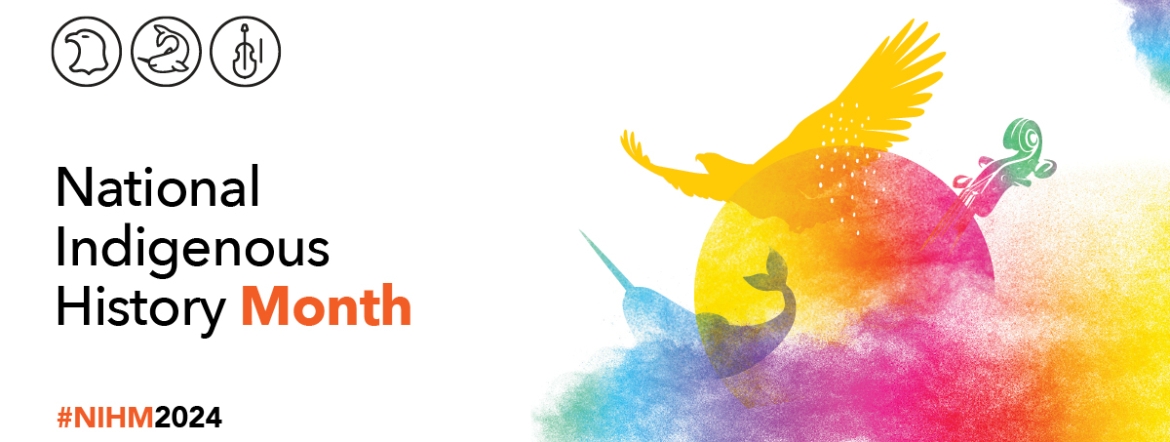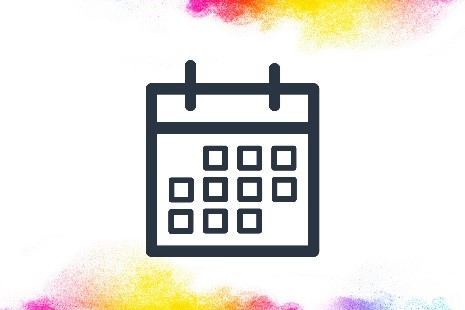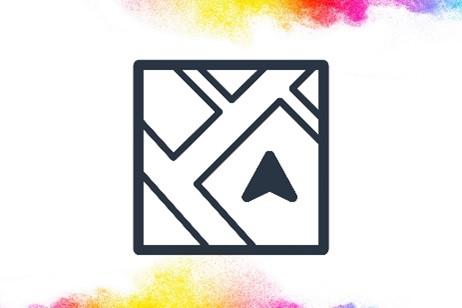Archive: June 2024
Work BC Celebrates June 21 is National Indigenous Peoples Day
June is National Indigenous History Month and June 21 is National Indigenous Peoples Day

B.C. is home to over 200,000 Indigenous people, including First Nations, Métis and Inuit, representing one of the largest and most diverse Indigenous populations in the world. There are over 200 distinct First Nations, whose languages, cultures, values, traditions, world views and customs continue to be an integral part of society in B.C.
National Indigenous History Month is a time to celebrate the rich histories, diverse cultures and resilience of Indigenous Peoples in Canada and to recognize the importance of continued commitment to our collective journey towards reconciliation.
June 21 is National Indigenous Peoples Day, a day filled with celebratory events and activities to recognize the history, culture, heritage and diversity of Indigenous Peoples across Canada.
National Indigenous History Month and National Indigenous Peoples Day are the perfect opportunities to educate oneself about the experiences, culture and traditions of First Nations, Métis and Inuit peoples and to honour the significant achievements and resilience of Indigenous Peoples while listening to their perspectives and stories.
Learn
This June, take some time to learn about the diverse Indigenous cultures in B.C. and Canada, and about the commitments and actions that are being taken towards truth and reconciliation.
Indigenous Peoples Atlas of Canada – discover Indigenous culture, traditions and history by immersing yourself in stories from Indigenous Elders, leaders, community members and youth.
First Peoples Map of B.C. – an interactive map that allows you to explore the language, arts and cultural heritage of 204 First Nations communities in B.C.
List of B.C. First Nations – listing of the First Nations in B.C. that includes information about the First Nations and their current activities.
Métis in B.C. Virtual Exhibit – watch a video series showcasing the history and culture of Métis in B.C.
Indigenous Collections and Repatriation department – discover thousands of objects, photographs, films and recordings showcasing over 10,000 years of history of Indigenous Peoples in B.C., either online or in person at the Royal B.C. Museum.
Truth and Reconciliation Commission of Canada: Calls to Action – view the 94 calls to action aimed to address the historical and ongoing consequences of colonialism on Indigenous Peoples in Canada.
United Nations Declaration on the Rights of Indigenous Peoples – check out the framework established by the United Nations for reconciliation with Indigenous Peoples that the B.C. Government is implementing through the Declaration on the Rights of Indigenous Peoples Act Action Plan.
Declaration on the Rights of Indigenous Peoples Act – learn about the actions the B.C. Government is taking to advance reconciliation with Indigenous Peoples.
Territorial Acknowledgements – a useful guide on how to respectfully acknowledge whose traditional territory you are on.
A Guide to the Pronunciation of Indigenous Communities and Organizations in B.C. – a helpful guide to correctly pronouncing the names of Indigenous communities and organizations in B.C.
Participate
Many Indigenous organizations and municipalities are hosting community events to honour National Indigenous History Month and National Indigenous Peoples Day. See what’s going on in your community by checking out your local Friendship Centre’s website or contacting your local municipality.
View a list of events happening across the province on June 21 to celebrate National Indigenous Peoples Day.
See the Government of Canada’s website to learn more about National Indigenous History Month and how you can participate.
If you’re in what is now known as Greater Victoria, celebrate National Indigenous Peoples’ Day on the traditional lands of the Lekwungen-speaking peoples (the Esquimalt and Songhees First Nations) at Royal Roads University.

You can find us conveniently located at 206 Vermilion Ave, Princeton BC
You can call 250-295-4051 or email: info-princeton@workbc.ca
~JUNE is National Indigenous History Month~

National Indigenous History Month
June is National Indigenous History Month in Canada, a time to recognize the rich history, heritage, resilience and diversity of First Nations, Inuit and Métis.
About National Indigenous Peoples Day
For generations, many Indigenous groups and communities have celebrated their culture and heritage on June 21 or around that time of year because of the significance of the summer solstice as the longest day of the year.
National Aboriginal Day, now National Indigenous Peoples Day, was announced in 1996 by then Governor General of Canada, Roméo LeBlanc, through the Proclamation Declaring June 21 of Each Year as National Aboriginal Day. This was the result of consultations and statements of support for such a day made by various Indigenous groups:
- in 1982, the National Indian Brotherhood, now the Assembly of First Nations, called for the creation of National Aboriginal Solidarity Day
- in 1995, the Sacred Assembly, a national conference of Indigenous and non-Indigenous people chaired by Elijah Harper, called for a national holiday to celebrate the contributions of Indigenous Peoples
- also in 1995, the Royal Commission on Aboriginal Peoples recommended the designation of a National First Peoples Day
On June 21, 2017, the Prime Minister issued a statement announcing the intention to rename this day National Indigenous Peoples Day.
National Indigenous Peoples Day is part of the Celebrate Canada program, which also includes Saint-Jean-Baptiste Day on June 24, Canadian Multiculturalism Day on June 27 and Canada Day on July 1.
The Government of Canada provides funding opportunities for community celebratory events, as well as for commemorations on the National Day for Truth and Reconciliation.
Get involved
Every year, numerous activities are organized across the country on June 21 to showcase the richness and diversity of First Nations, Inuit and Métis cultural expressions and stories.
Find an event or activity near you:
You can also download and share images for National Indigenous History Month and National Indigenous Peoples Day, and stay connected on social media with the hashtag #NIHM2024 and #NIPD2024.
Related links
Hours
Monday to Friday
8:30 a.m. to 4:30 p.m.

